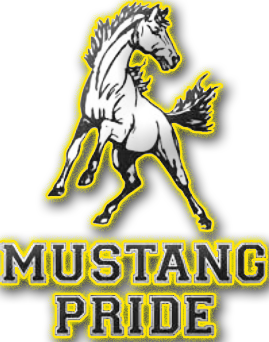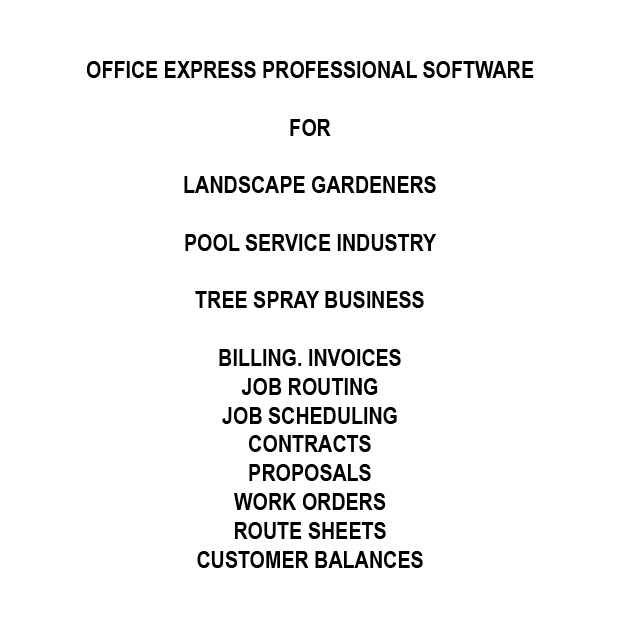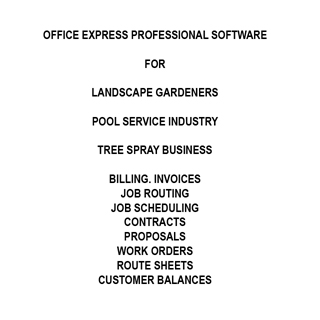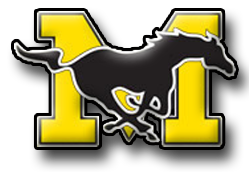
The
Mustangs
Coaching
Philosophy
Mustang coaching and mentoring are mainly used for player development both on and off the field of play.
The coach/ mentor must indicate a positive change in individuals and to encourage the transfer of knowledge from the
coach / mentor to the player.
The Mustang coach/ mentor plays a very important role in transferring knowledge to the player and helps the
person in enhancing his personal growth, physically and mentally.
Mustang Coach and Mentor Qualities
A Mustang coach or mentor possesses the following attributes:
- Good listener
- Emotionally intelligent
- Good motivator
- Inspiringly persuasive or influential
- Realistic and practical
- Open-minded
- Approachable
- Patient, understanding and considerate
- People-oriented
- Supportive
- An achiever
- Respected
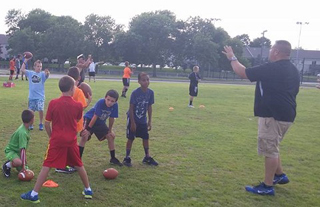
Mustang Coaching and Mentoring Roles
a. Advisor
b. Counselor
c. Friend or Supporter
d. Facilitator or Guide
e. Instructor or Teacher
f. Motivator
g. Organizer and Planner
h. Role Model
Primary Coaching Skills
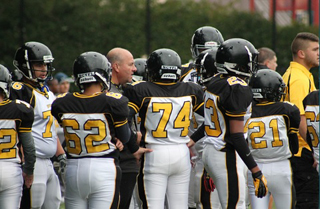
Rapport-Building
The skill of building rapport is the same as being people-oriented and having good interpersonal skills.
Since the connection between a Mustang coach and a player must be properly established, rapport-building is
deemed necessary in order to attain a level of understanding between the coach and the player.
Listening Ability
The ability to be a good and active listener is very essential to Mustang coaching. Listening is not just about
understanding the verbal cues but also listening to what is not said. A Mustang coach also makes conversation
a two-way street during the session which means that the player is given the opportunity to talk and open
up more while the coach actively listens.
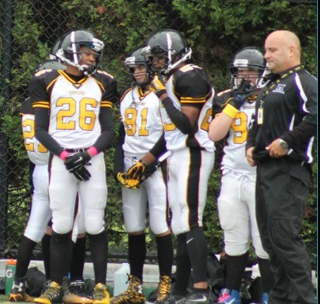
Questioning Ability
A Mustang coach must be able to apply effective questioning techniques and must know how to ask intelligent
questions. The use of open-ended questions is effective as this type of questioning encourages the
player to elaborate more.
Communication Skill
Since Mustang coaching involves a lot of discussions and open conversations between the coach and the player,
the coach should know how to effectively get the message across to the player with ease.
This is especially important during the giving of feedback to the player. A Mustang coach must be able to
relay feedback and remarks constructively and positively without demeaning the player’s self-esteem.
Mustang Coaching and Mentoring Skills
- Ability to promote trust and respect
- Ability to facilitate level of understanding
- Ability to create an effective coaching and mentoring process
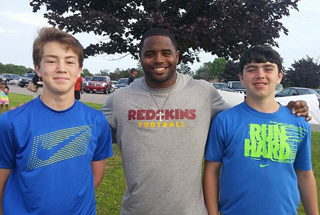
- Ability to motivate and inspire
- Ability to offer positive and constructive feedback
- Ability to guide the player in goal setting and attainment
- Ability to stimulate action
- Ability to inculcate self-awareness and self-knowledge
- Ability to open up new perspectives
- Ability to follow a variety of approaches in coaching styles and techniques
- Ability to recognize significant changes in thoughts and behavior
- Ability to assist in identifying the value in a situation
Mustang Coaching Best Practices
- 1. Coaching Preparation
- 2. Build a Positive and Trusting Coaching Relationship
- 3. Setting of Expectations
- 4. Coaching Plan and Practice
- 5. Observe Practice
- 6. Develop Coaching Strategy and Technique
- 7. Conduct Coaching Session
- 8. Evaluate Progress of Performance

